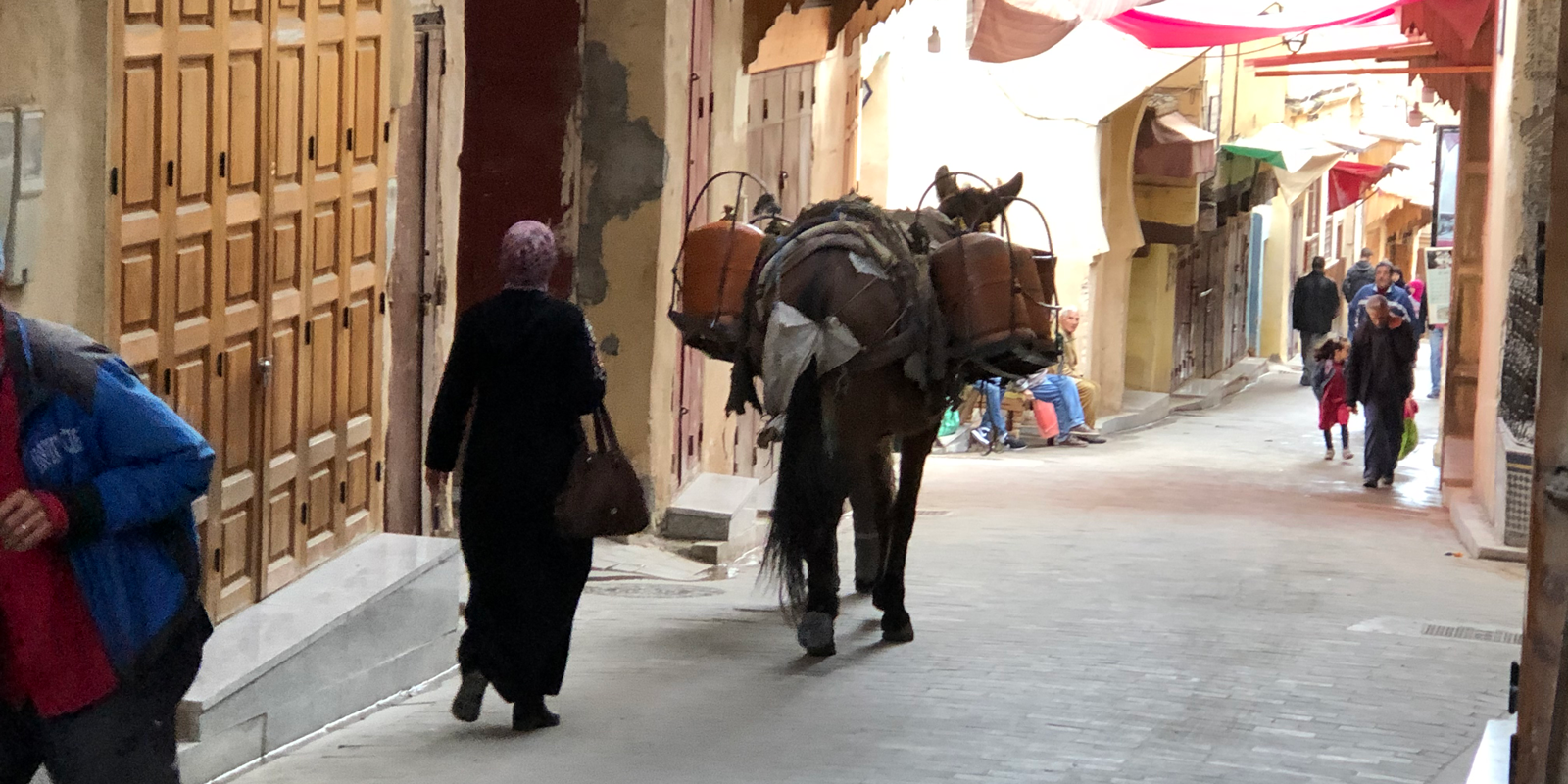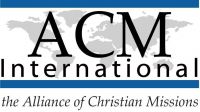
The “Happenstance-r”
I’m working alone at the office on an Instagram post for our business when I hear a slight knock on the door. I look up and don’t see anyone through the glass so I swivel back to the screen without much thought. Again a faint knock on the glass this time and in the corner of my eye I notice a hand disappear to the side of the door. Getting up, I go and push the door open. Looking to the side where I saw the hand disappear I see a small-framed lady. She explains with quiet desperation that her son has not slept well for weeks and the association where she usually gets medication is out of stock. She pulls out a prescription and a photocopy of her son’s identity card to add credibility to her request.
I waffle in my mind. Do I help? Do I not? I haven’t blessed anyone with our benevolence budget yet. I know how lousy it is to not be able to sleep. The waffling seems to stop at yes. “Ok, let’s go,” I say.
“Should I wait?” She asks as I turn back to grab my keys, wallet, and phone.
“Yes,” I reply, “I will be right back.”
As we walk she speaks blessings over me and how God will reward muhusineen—someone who does good deeds—like me.
“What’s your son’s name?” I ask.
“Faisal” she replies with tired affection.
“It must be hard for Faisal and for your whole family to not be able to sleep well.”
“You have no idea” her voice is worn.
The line at the pharmacy is long, but we are all social distancing so maybe it looks longer than it actually is. As we wait, two young men pull their sleek scooter up to the curb, one wearing a helmet, the other wearing a facemask. At least between them, they have health and safety covered I think to myself with bemusement. As the one with the helmet beelines for the door, the masked friend grabs his arm motioning that we are in line as well. I am surprised and grateful because often respectful waiting in North Africa results in people cutting the line. Sometimes innocently assuming that you are not in line, other times just because it is ingrained in the culture.
The line inches forward and the helmeted man cranes his head and with sarcasm asks, “What are they doing, cooking up the meds in there?”
I smile at him and trying to not sound like I’m lecturing him answer, “I’m not sure. It is taking a while, but I’m trying to be patient.”
“Some people have patience,” he says matter-of-factly, “Other people don’t!”
I chuckle and agree. He explains why he is in a hurry and our conversation drifts to nationality and language to pass the time.
Finally, Faisal’s mother and I get our turn. We get the meds and as we walk out, she is thanking me profusely again. I am a bit uncomfortable in front of everyone else and am wondering if I should ask her if I can come over and pray for her son sometime. But I don’t get the chance. My helmeted chatting companion’s eyes lock with mine. “Are you a Muslim?” he asks curiously.
I hold his gaze and with a smiling reply, “I follow the way of Allah as it has been revealed in the Torah and the Injeel.” The New Testament.
After a flicker of confusion, he reaches for my hand and with respect shakes it firmly, “Good! I have nothing else I can say to you!”
“What’s your name?” I ask him, watching Faisal’s mom walk down the sidewalk. I decide that this is where my focus should be at the moment and mentally pray that God will give me a chance to connect with Faisal soon.
“Hamza,”
“Hamza,” I ask, “Have you read the heavenly books?” I am using a contextualized reference to the books that they acknowledge were given by God to Moses, David and Jesus.
“No, I haven’t. You know, I have not met any Jews or Nasra.” He uses the Arabic term for Christian. “You know, I only see Muslims doing good deeds but it makes sense that Jews and Christians would do them as well. I just haven’t been exposed to that.” After a brief pause, he has to press a bit further, “You know, you really should read the Quran.”
I smile again. It helps me not get too animated in my responses. “Hamza, I have read the Quran, but my life has been changed by the Injeel and when I see how the Spirit of Allah has worked so powerfully in my life, I cannot leave that for something else. If you like though, I would be happy to lend you a copy of the Injeel.”
“If it is in Arabic, I would read it. I have always been curious to read it.”
“Listen, take down my number since I know you are busy right now. But you can call me and we can meet together and I will lend you a copy. I do have it in Arabic.”
As I walk back to my office, I feel excited about the various events that have transpired over the morning. These encounters with different people are worthy of excitement. I also pause to quiet myself and thank God who is the source of goodness in these interactions. “Thank you, Jesus. It is precious to be aware that you were at work here. Thank you that I get to share these moments with you. Oh, and please would you let Hamza call me. Thank you that Faisal’s mom knows where our office is. Give us an opportunity to bless that family with in-person prayer at some point. Thank you that until then, and beyond, you know and see and invite them to yourself. Let your kingdom come in this city as it is in heaven, Jesus.”
